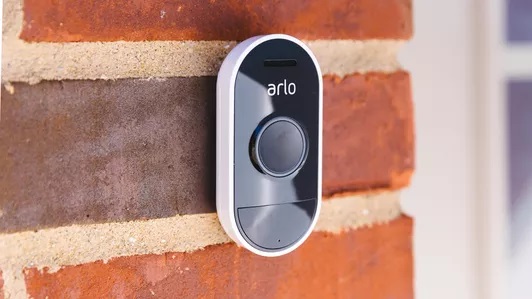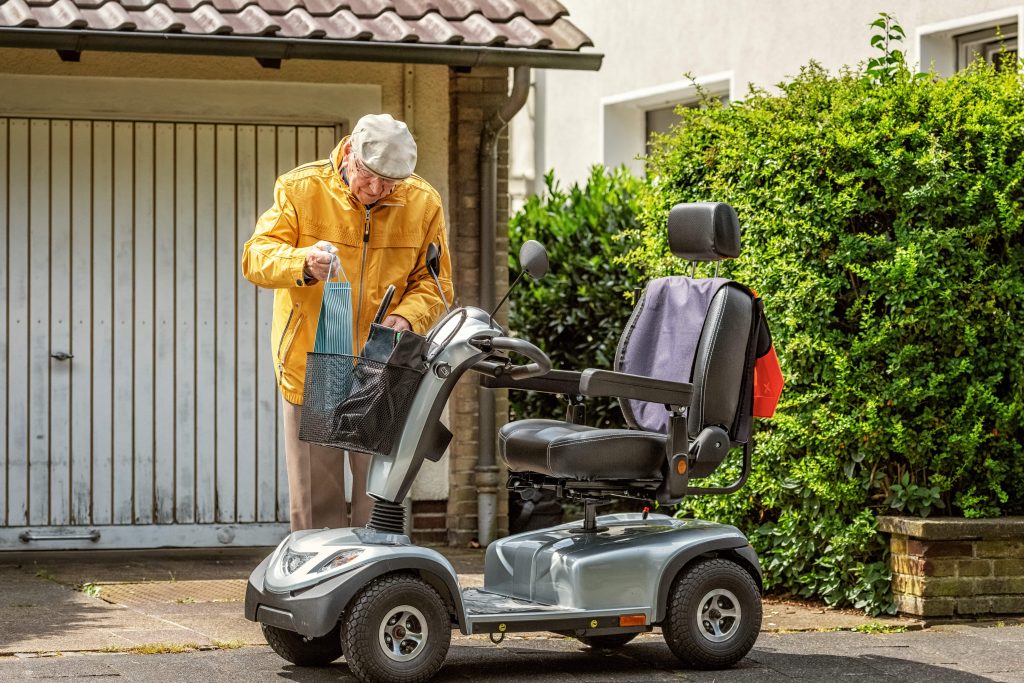Government-funded disability equipment – Everything you need to know
To underpin equality and the ability of individuals to ‘live well’ with any form of disability, the UK Government has created a system in which practical help and support are provided as needed. It includes a wide range of equipment to enable independent living when you have a disability.
This guide shows both what help that covers, and the steps you need to take to secure government-funded disability equipment.
For the purposes of this guide, the word disability refers to anyone who has specific challenges due to injury, illness, age or long-term health conditions.
Health vs social provision
Much of the Government assistance focuses on helping you to adapt your home, so you can be safe and also to enable you to be as independent as possible.
Sometimes the need for equipment or disability aids is identified by medical practitioners. In which case, the NHS would provide a prescription for what you need. This can cover such things as wheelchairs and other mobility equipment, hearing and vision aids and pressure relief cushions and mattresses.
Other disability equipment is provided by the social care element of local authorities. This is often items recommended by an Occupational Therapist, who assesses your abilities and needs.
What sort of equipment is available?
The sort of equipment and aids that could be provided to help you manage your disability day to day can be diverse.
It includes items to improve your mobility, such as walking aids and devices to help you get on and off chairs, the toilet or your bed.
Social services may also supply you with equipment and aids to support improved personal care, or to help you to prepare meals. Other help available could make it easier for you to reach light switches and sockets or could involve handrails to make stairs or inclines easier to navigate.
There are also options to help you manage your disability better if it relates to acute illness. For example, electric pillboxes which notify you when medications should be taken.
Smart technology is available to help disabled individuals to automate light and heat controls in their home, and to operate locking systems and find keys. It can also include other safety equipment, such as door entry systems and home alarms to detect fire, intrusion or dangerous gases.

Some local authorities will offer disabled residents a community alarm, sometimes referred to as a careline or emergency alarm. This provides you with a device that alerts a central control point to your need for assistance, such as if you fall or feel at risk in some other manner.
How to apply for an assessment
Social Services in England and Wales can offer you an assessment of both your health and social needs; whether you live in a private home or a care residence.
You would need to contact your local Adult Social Services team. In England and Wales, this request could also include a visit to evaluate and discuss disability equipment that would be beneficial to you, including home adaptations.
Disability Facilities Grants
If the equipment and home adaptations you need are costly, your local authority can discuss access to Disabled Facilities Grants.
This is money you do not have to pay back, and it can be used for home improvements and equipment such as widening doorways, ramps and stairlifts and heating and lighting systems that better meet your specific disability.
Disability equipment for outside
The Government help available is not just with regards to your quality of life inside your home.

It could be possible to apply for equipment and aids then enable you to move about more freely in your wider community. This could include discretionary grants that you can put towards mobility scooters. The main source of this funding is the Access to Work scheme which enables disabled people to benefit from employment opportunities.
Eligibility criteria
The provision of equipment and grants is subject to eligibility rules, particularly financial assistance.
For instance, a Government Disability Facilities Grant is dependent on your local council satisfying themselves that any adaptations are “necessary and appropriate to meet the disabled person’s needs” and are practical given the age and condition of your home.
Your eligibility to receive equipment to meet disability needs will be discussed with you during your assessment by your local social services representative.
The first step
You can ring your local adult social service team direct. Or click here to view the Government website which can direct you to the right local authority website for your postcode, so you can research their contact details.
By looking after your disability equipment you can minimise repairs, however, there are some things you can’t prevent, such as accidents or theft. We provide insurance for manual wheelchairs, powered wheelchairs, and mobility scooters. Get a quote today, by clicking here.

